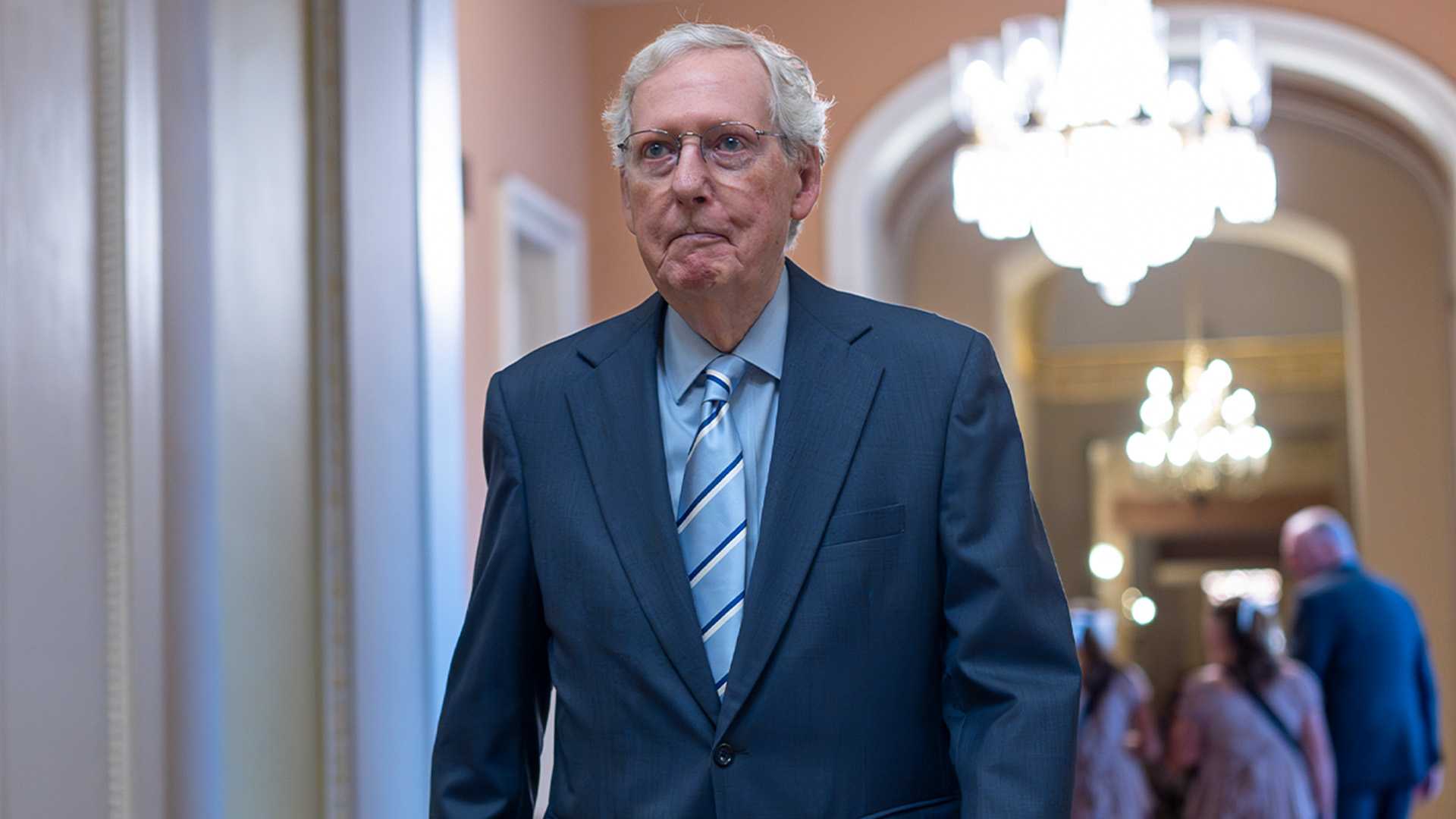Politics
Mitch McConnell’s Legacy and Future in the Senate: Recent Developments and Historical Context

Mitch McConnell, the long-serving Republican senator from Kentucky and current Senate GOP leader, has been a central figure in American politics for decades. Recently, his leadership and legacy have been under scrutiny as the political landscape continues to evolve.
In the context of judicial confirmations, McConnell’s tenure as Senate majority leader during the Obama administration is noteworthy. Between January 3, 2015, and January 3, 2017, despite the Senate being led by Republicans and the White House being occupied by a Democrat, only 20 of President Obama’s judicial nominees were confirmed. This period saw a significant number of nominees failing to receive a vote, with 72% of Obama’s nominees (50 out of 70) not being voted on.
The confirmation process during this period highlighted the importance of bipartisan support. For instance, nominees from states with two Republican senators were confirmed unanimously, while those from states with one Republican and one Democratic senator had a 67% unanimous confirmation rate. This historical context suggests that cooperation between the Senate and the White House can be challenging, especially when they are controlled by different parties.
Meanwhile, speculation about who will replace McConnell as the Senate GOP leader has intensified. Several Senate Republicans have been actively campaigning and fundraising for their colleagues, positioning themselves for the potential leadership role. The uncertainty surrounding McConnell’s future as leader reflects broader changes within the Republican Party and the evolving political landscape.
Additionally, McConnell has faced criticism and public jabs from high-profile figures. Former President Donald Trump recently mocked McConnell for endorsing him, signaling a complex and potentially contentious relationship between the two Republican leaders.
McConnell’s role in shaping the judiciary, particularly in the context of Supreme Court appointments, has also been a subject of controversy. Critics, including Senator Elizabeth Warren, have accused McConnell and Trump of manipulating the Supreme Court to overturn Roe v. Wade, highlighting the significant impact of McConnell’s leadership on judicial appointments and broader policy outcomes.












